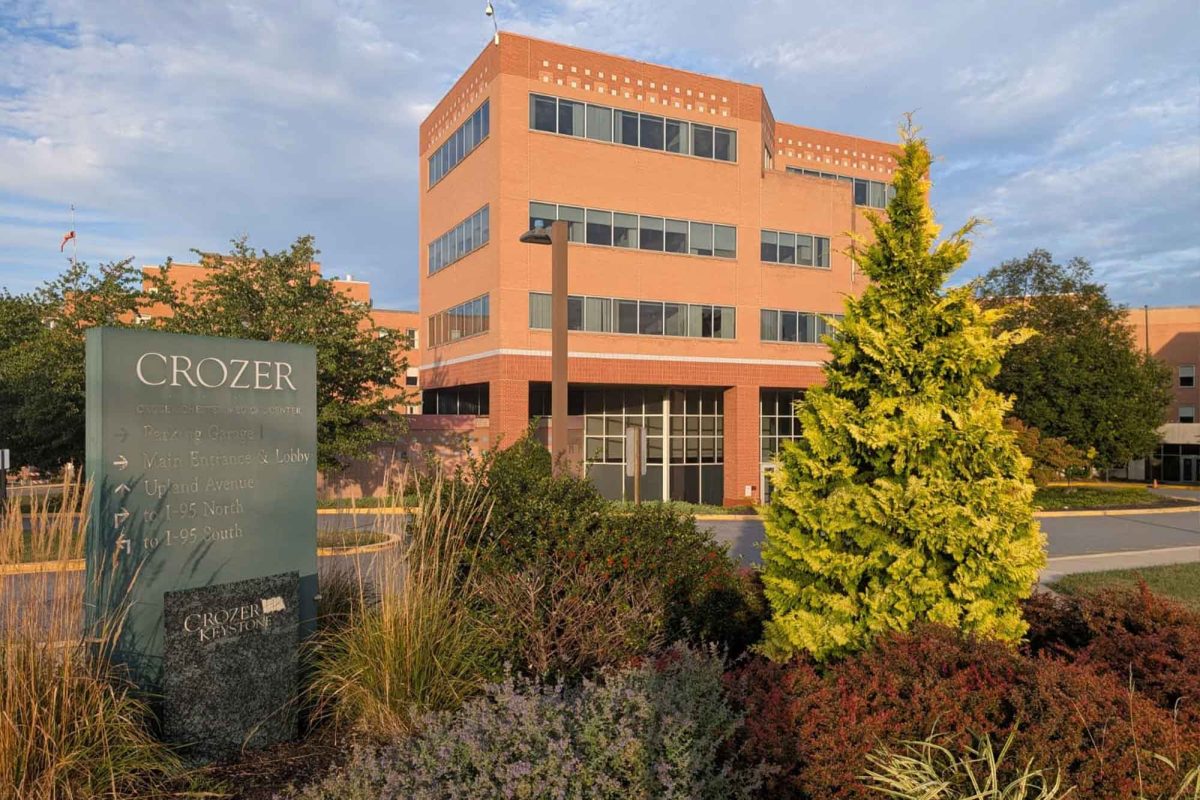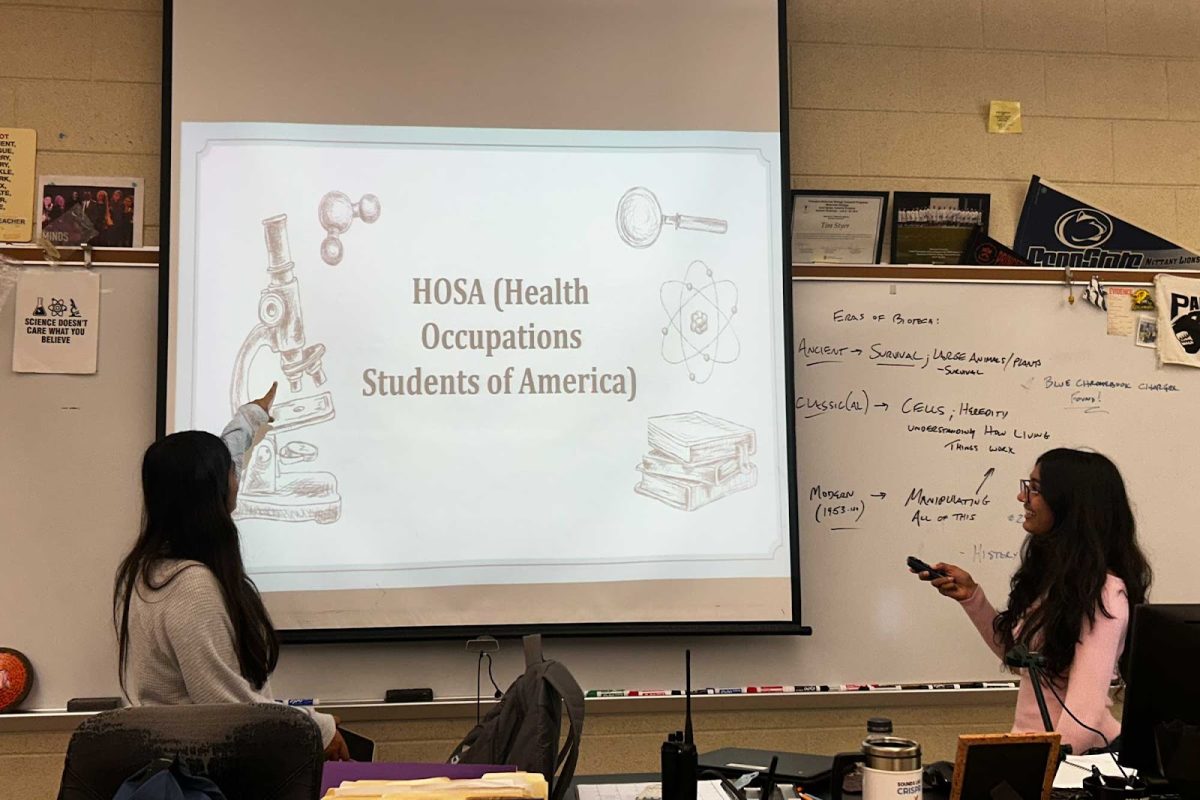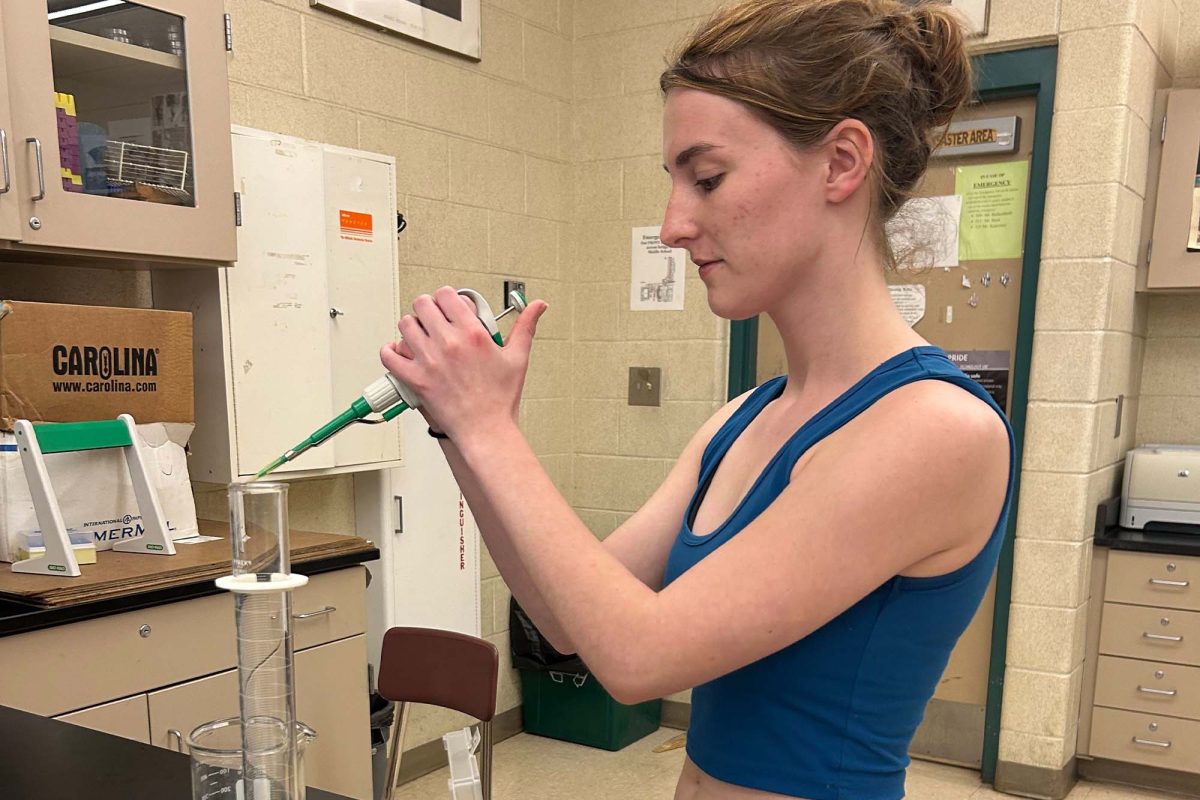Crozer Hospital, a once-bustling medical center admitting upwards of 19,000 patients annually, closed on May 2, 2025, after declaring bankruptcy.
Crozer Health, comprising Crozer-Chester Medical Center and Taylor Hospital, was a leading healthcare provider and employer, as well as the only trauma and burn center in Delaware County. The hospital also provided mental health care and outpatient drug and alcohol treatment with their Crisis Center and Community Campus, respectively.
School nurse Ms. Jennifer O’Berg worked at Crozer for 18 years before the closure. She acknowledges that the closure was difficult due to the loving work family the employees created.
“Most of the people who worked at Crozer started either [18 years ago] or even longer than that,” O’Berg said. “We called them lifers. We were a big family there, so it was really tough for everyone during the closure because everybody was very sad to leave people they’ve been around for many years.”
The closure was abrupt, as Crozer trauma medical director Ms. Amber Batool finds, leaving employee benefits unaddressed and making it difficult for the 2,600+ employees who were laid off to find employment.
“They haven’t funded pensions,” Batool said. “All of us lost our paid time off that was accrued. They had not mastered our 401(k). We lost all that money, and we have to file now in bankruptcy court to get that money back to us, which we know we will probably never get back. [There are] so many individuals with lost jobs…they have created resources, but it should’ve been more robust.”
According to Batool, the quality of the hospital had been declining for years before its abrupt closure following the purchase by private equity firm Prospect Medical Holdings.
“We did not have that much funding available to purchase the basic things to take care of our patients,” Batool said. “But, the people who were there truly love the mission of helping other people, so we still worked with limited resources to provide the best care that we could for the patient.”
The absence of Crozer most directly affects the community’s access to immediate medical care.
“The community suffers greatly from this because [Crozer] was a trauma level two center, the closest one, as well as a burn center,” O’Berg said. “Now you have to drive at least 20-30 minutes to get to a local trauma center, and local hospitals like Riddle, Mercy Fitz, or Bryn Mawr are already overburdened by patients.”
Crozer provided medical attention to students involved in car or sports accidents. It also provided primary care, mental health, reproductive health, counseling, and psychiatric services for high school students. O’Berg points out that the closure may affect students’ attendance metrics due to the extended wait time and drive time needed for these services.
“[Students] may have to change their primary care physicians,” O’Berg said. “They’re either going to have to try to follow their doctor or find a new one who already has too many patients, so I think basic care and everyday care are going to take longer…They may not get to see their physicians, get their meds refilled, get a physician’s note, or a diagnosis.”
Without Crozer, it is more difficult for high school students to take advantage of the programs Crozer had available, with students who went to Crozer to partake in shadowing losing that opportunity.
“There were a lot of local students who volunteered at Crozer, and that pipeline to nursing or allied health and medicine is broken,” Batool said. “There are fewer job opportunities or internships during the summertime. There was also a program [MedCareers] that was run where local high school students who were interested in medicine used to come and do shadowing and get education.”
Delaware County aims to fill part of the gap left by the Crozer closure by opening Belmont Behavioral Health to provide mental health services by operating a 24-hour, 365-day-a-year crisis response center and a 23-hour observation service. It will also include a crisis stabilization unit and a mobile crisis team. Many of the services taken away by the closure of Crozer are yet to be replaced.
“There were a lot of politicians who came, and that’s why there was a hope that someone would save us, but no one has been able to keep their promise,” Batool said. “I really hope that they’re able to pass some laws where this should not happen in the future, as there are still a lot of other hospitals in the Philadelphia area that are at risk of becoming bankrupt or closing.














